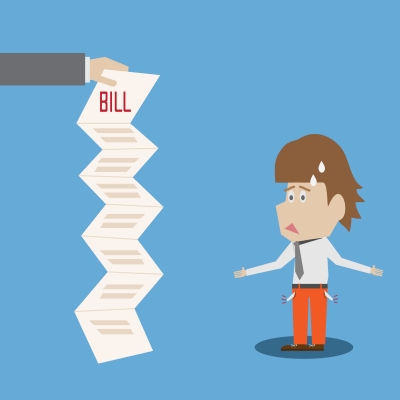Topic: finance
Settle credit card debts on time. You obtain more benefits by doing this without having to contend with a debt settlement agency. Strive to reach an agreement with your creditor before the liability is passed to the arbitrator. It is possible to save a large amount due to reduction of fees.
It is very difficult to reach a compromise once the negotiator comes in. It is like adding another creditor that makes it more challenging for the borrower. You will need to pay settle the original debt as well as surcharges that the debt consolidator imposes. There are several considerations in resolving credit card arrears on your own initiative.
See to it that all documentation has been prepared. Be ready with your latest bill, unpaid statements and payment notices from the lending facility. As the borrower, you must suggest a reasonable amount for settlement to the lender. This can be in the form of reduced monthly amortizations or lump sum amounts. The arrangements should be acceptable to the company. Find out how long your balance has been outstanding. This duration has an impact on how the lending company will react to your proposal. In other words, a favorable settlement depends on this offer.
See to it that you deal with the lending firm cordially. Avoid being confrontational. Do not show your frustration or anger. It can be a way of convincing the lender to empathize with your situation. Act firmly but with extreme courtesy at all times even if the agreement has not yet been reached. Nonetheless, it is important to persist in the exclusion of penalties and additional fees. This is the only probable way to trim down the amount of your financial obligation.
When you call or talk to the credit card provider, your target is to reduce the debt amount and not to eliminate the liability completely. Things become more convenient once you get rid of potential fines. However, not all debtors are successful in reaching credit card settlements before the arbitration company comes in. There is a drawback if you stop paying monthly credit card bills simply to save for possible settlement. The company can file a lawsuit and get a court judgment. This means that the creditor can ask a collection agency to go after you. At the same time, be wary of deceitful companies whose only aim is to get money from unsuspecting debtors.
If you are looking for information on Consumer Credit Legal Service Western Australia click on this link: http://cclswa.org.au/topics/home-loans/




